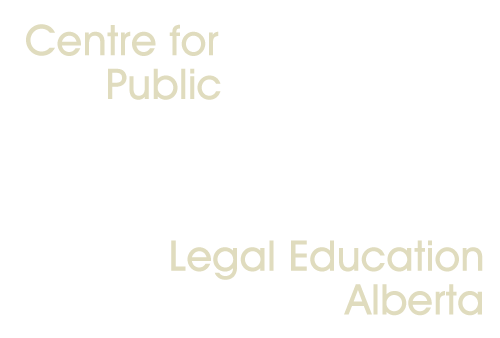Need to know
- Landlords have the right to put a rental property up for sale.
- Whether tenants can move out or stay in the property while it is for sale or sold depends on the type of lease or tenancy in place (periodic or fixed term).
- When a landlord hires a realtor, they become the landlord’s agent. Landlords and realtors must follow the rules in the Residential Tenancies Act (RTA).
- Landlords or realtors must give tenants at least 24 hours written notice to enter the property.
Practical tips
- During showings, tenants do not need to leave the property. But the selling process can be over sooner if potential buyers can easily view the property.
- The landlord or realtor can take pictures of the property for listings.
- Tenants should put away any personal information, items and photos to ensure their privacy. That way, their personal information and objects are not viewable in property listings or during showings.
Moving out or staying
Whether a tenant can move out or stay in a property while it is for sale or sold depends on whether it’s a periodic or fixed term tenancy.
Periodic tenancy
If the tenant has a periodic tenancy, they must follow the rules for periodic tenancies. For example, if they have a monthly periodic tenancy and they want to move out while a property is for sale or sold, they must give the landlord one month’s written notice.
Similarly, the landlord can end a periodic tenancy with the tenant and have them move out if:
- the property is sold and the new owner or a relative of the new owner wants to move in or
- the property sold is a detached or semi-detached home or condo unit and the new owner requests in writing that the landlord give the tenant a notice to end the tenancy
Fixed term tenancy
On the other hand, if the tenant has a fixed term tenancy, the tenant may not be able to end it early unless the landlord agrees to it. Similarly, the landlord cannot end it before the specified end date unless the tenant also agrees to end it early. Sometimes, a landlord will agree to paying for moving expenses, or lower rent, to make the tenant move out early.
If the tenant with a fixed term tenancy does not want to move out before the lease ends, they can continue living in the property while it’s for sale or sold. If it’s sold, the buyer buys the property with the lease and takes over as the landlord.
Do tenants need to clean the property before showings?
Tenants have the right to enjoy living in the property but they also must keep it reasonably clean. Tenants may want to clarify with their landlords about expectations for cleanliness before showings. If a property is clean and tidy, it may help the property sell faster and the tenant may not have to deal with as many viewings.
What happens if a landlord or realtor doesn’t give written notice to enter the property for showings?
Under the Residential Tenancies Act, it is an offence for a landlord to not provide at least 24 hours written notice to enter a property. Tenants can write to their landlords, demanding that they receive written notice for all upcoming entries. If it happens again, tenants can make a complaint to Service Alberta.
Can tenants refuse property showings?
As long as the realtor or landlords gives the tenant at least 24 hours written notice, they have the right to enter the property for showings. There must be a balance between the rights of a tenant’s to peaceful enjoyment of the property and the rights of the landlord to deal with their property. Tenants who have an issue with frequent showings can talk to their landlords about a schedule that can agree on. Tenants may also want to put their concerns to the landlord in writing.
Other rental property for sale or sold FAQs
Can the landlord or tenant ever “break the lease”?
Does a landlord have to tell tenants if the property is being foreclosed?
What if the landlord did not provide a Notice of Entry?
Can a tenant refuse to allow the landlord to enter the property?
How often can a landlord enter the property?
What do new owners of a rental property with tenants need to know?
Explore more
Helpful links
- Real Estate Council Alberta – Information about standards for real estate in Alberta, including consumer information for selling a home
- Service Alberta
- Law Society of Alberta Lawyer Directory
Last updated: January 2024

